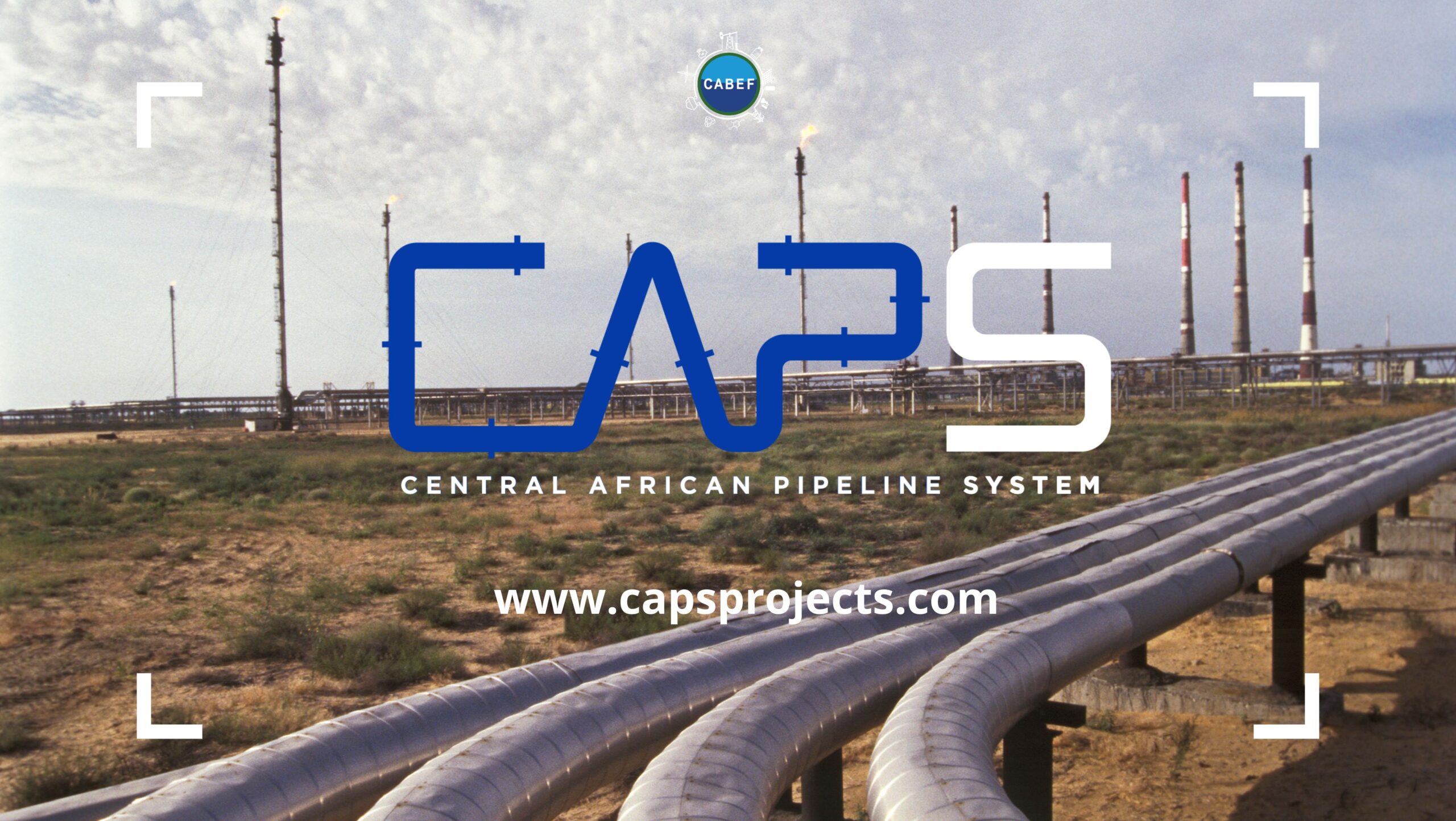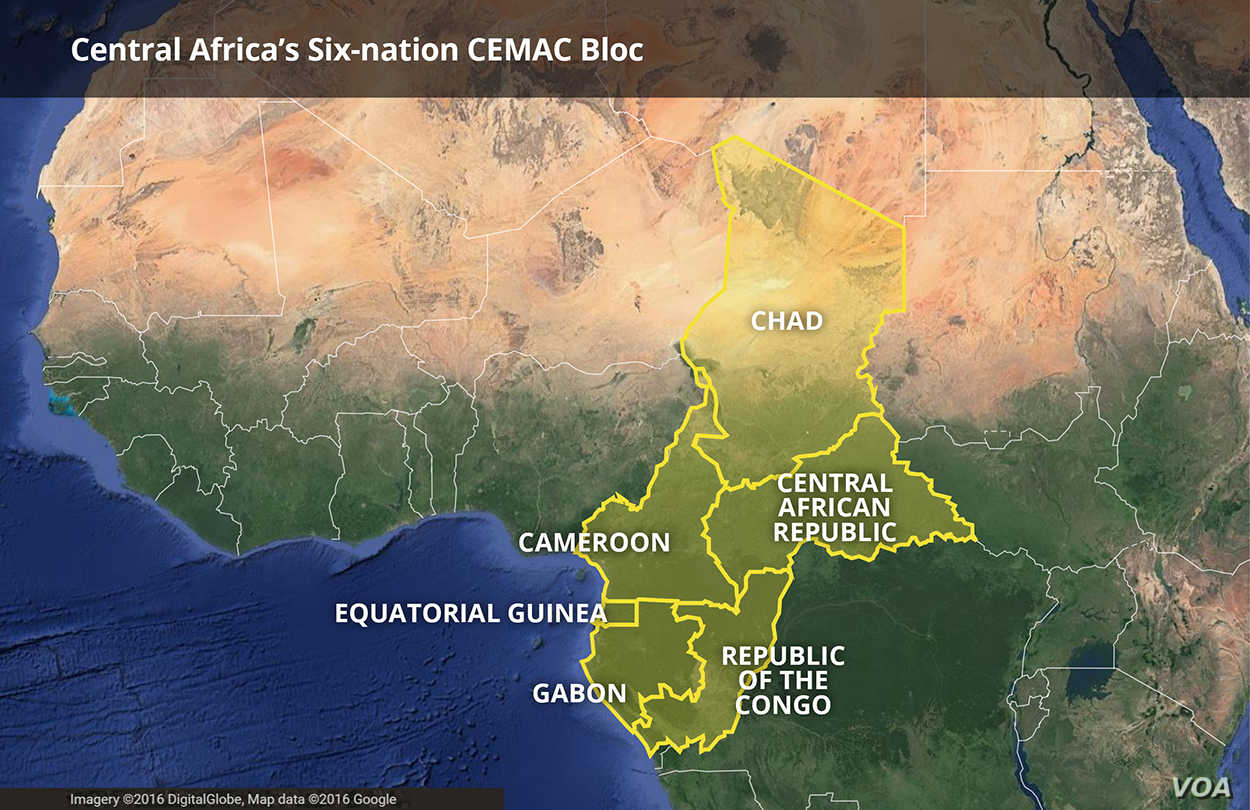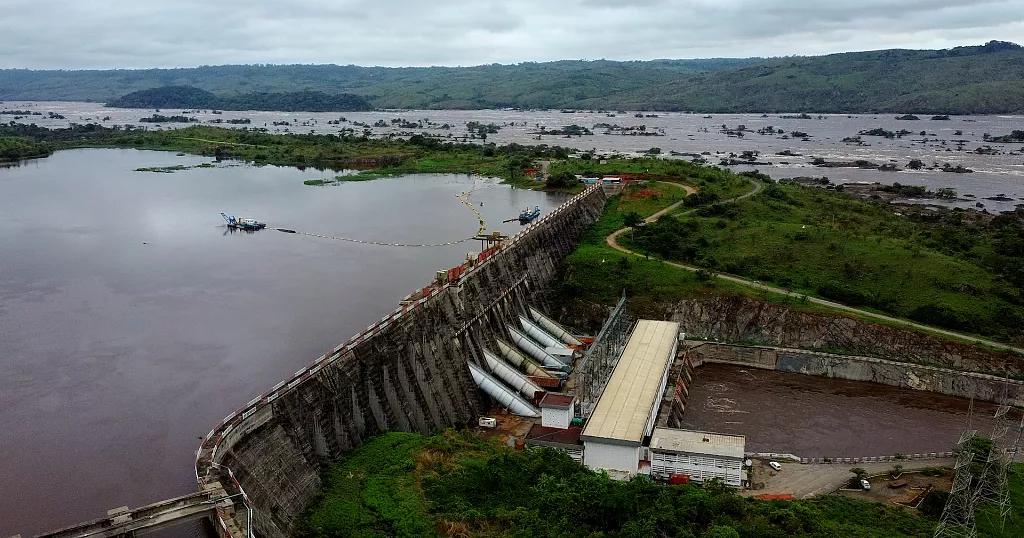With more than 60% of Central Africa’s population having no access to electricity, the ambitious Central African Pipeline System (CAPS) project aims to change that with a network of pipelines, refineries and gas-fired power plants stretching across 11 countries in the region.
However, the proposal by the Central Africa Business Energy Forum to build 6,500 kilometers of pipelines linking oil and gas resources has been criticized by environmentalists who say the project is a mistake that will exacerbate the climate crisis and fail to benefit local populations. But the Forum still insists gas in particular should play a key role in developing the Central Africa’s economy, making it an “energy poverty-free zone” by 2030, according to Nathalie Lum, chairwoman of the Central Africa Business Energy Forum (CABEF).
Seven countries have so far signed a memorandum of understanding (MoU), and a feasibility study for a first phase is expected by the end of 2023. “Access to reliable, affordable energy can help reduce poverty, attract investments, and create jobs, while also providing an important source of revenue for governments.” Lum said.
But a 2020 study commissioned by the World Bank Group suggests that Africa’s onshore wind potential is enough to satisfy the entire continent’s current electricity demands 250 times over. The continent also has an abundance of solar energy, which is increasingly affordable to harness. Moreover, these sources of electricity continue to get cheaper, while fossil fuel electricity has become more expensive, according to data from the Intergovernmental Panel on Climate Change (IPCC).
This points to renewable energies as being not only less polluting, but cheaper than fossil fuels. This has been also prompted environmentalists to warn that the use of fossil fuels in Central Africa cannot be a step toward the future. But Equatorial Guinea’s Minister of Mines and Hydrocarbons, Gabriel Mbaga Obiang Lima, still hails the project as a step in the right direction, though he views funding as Africa’s top challenge in the expansion of the hydrocarbon sector, adding that the only thing the fanciers are waiting for is the feasibility study for the CAPS project.



